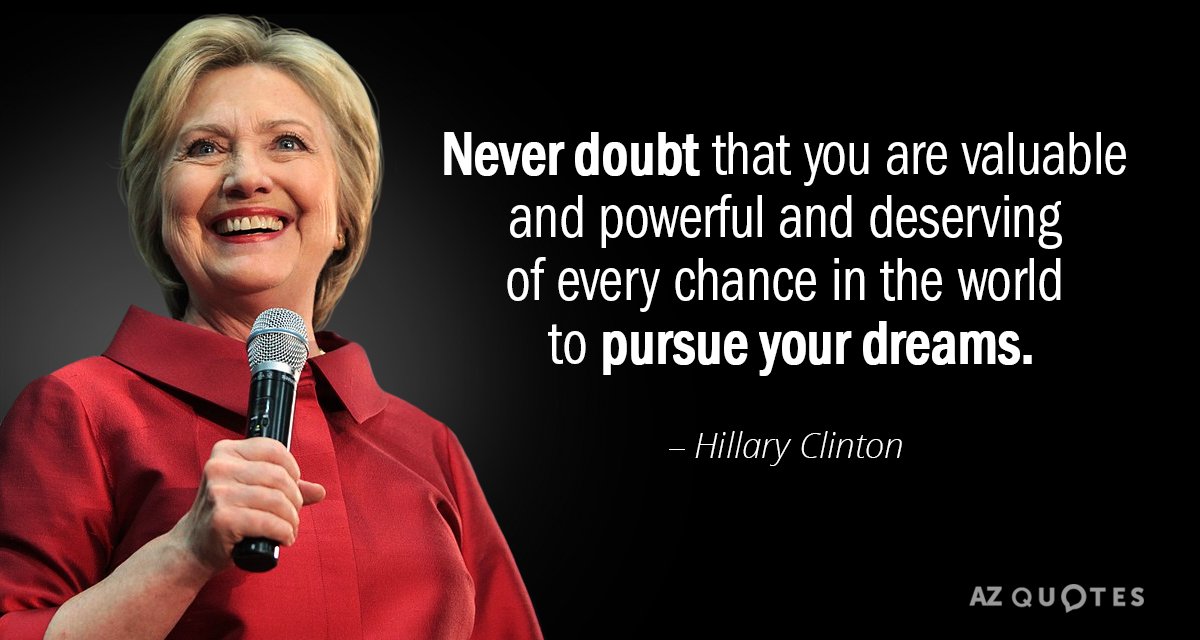

It was again used in 1985 by Cecilia Medina, a noted Chilean jurist, in a seminal paper on feminism. Instances include in 1984, when The New York Times quoted the head of New York City's Human Rights Commission, Marcella Maxwell, using this phrase in conversation. The phrase "Women's rights are human rights" was used intermittently during the 1980s and first half of the 1990s, before Clinton's speech. I recognized no rights but human rights." In a letter to her friend Jane Smith, she writes, "whatever is morally right for a man to do is morally right for a woman to do. A similar expression is used by her sister, Angelina Grimké Weld, in her speeches and personal letters. In her series of Letters on the Equality of the Sexes, Sarah Moore Grimké writes, "Consequently I know nothing of man's rights, or woman's rights human rights are all that I recognize". The idea, if not in those specific words, that "women's rights are human rights" was first expressed with different phrasing by the abolitionists and proto-feminists Sarah Moore Grimké and Angelina Grimké Weld in the late 1830s. In the speech, Clinton used the phrase within the longer, bidirectional refrain, " human rights are women's rights and women's rights are human rights." In this speech, she sought to closely link the notion of women's rights with that of human rights. Its most prominent usage is as the name of a speech given by Hillary Rodham Clinton, the First Lady of the United States, on September 5, 1995, at the United Nations Fourth World Conference on Women in Beijing. The phrase was first used in the 1980s and early 1990s. " Women's rights are human rights" is a phrase used in the feminist movement. First Lady of the United States Hillary Rodham Clinton during her speech in Beijing, China.


 0 kommentar(er)
0 kommentar(er)
